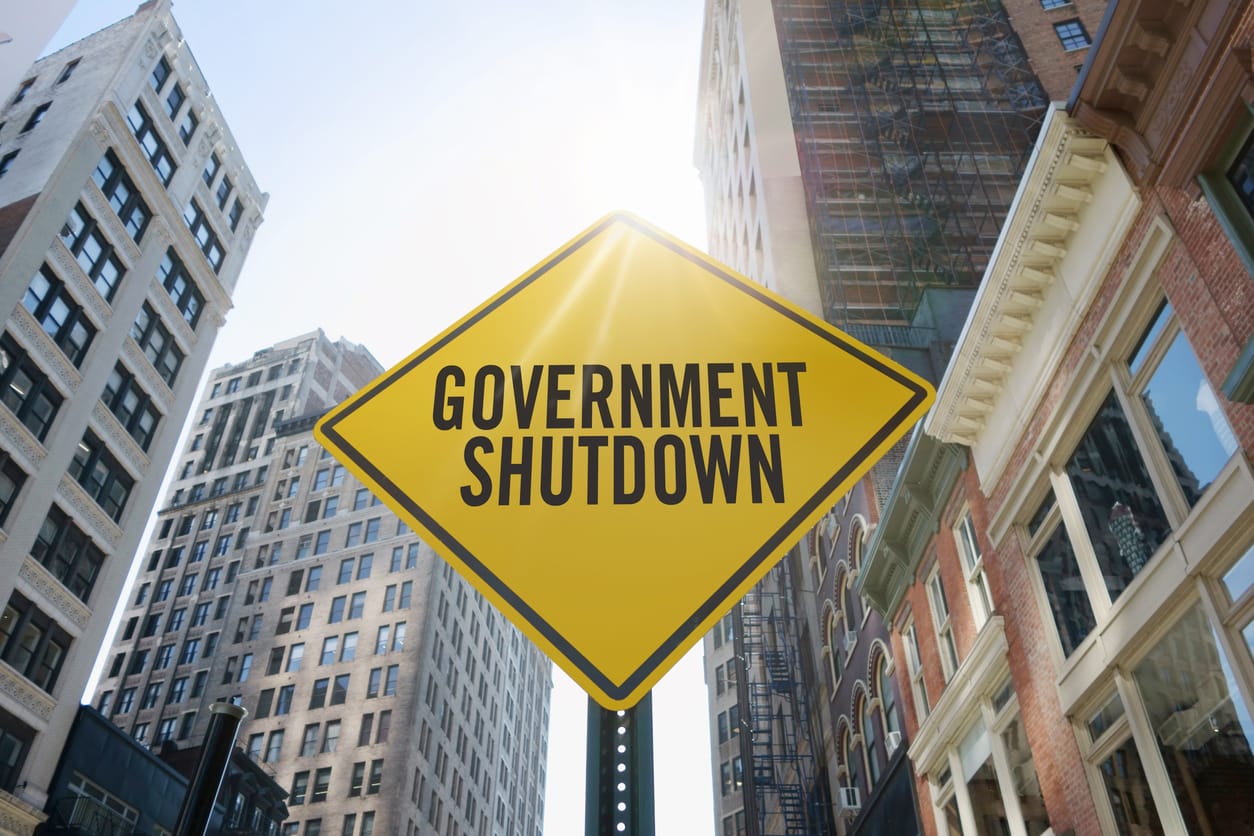5 Actions You Should Take in the Event of Another Government Shutdown

The most recent government shutdown lasted 2 days, after a failure to pass legislation to fund government operations. This shutdown was the ninth to happen since 1980, but it certainly won’t be the last. The Senate passed a bill to fund the government until February 8th, so America is potentially facing another shutdown next week. If you think you’ll be affected, here are 5 actions you should take.
1. Revisit Your Budget and Cut Down Where You Can
Don’t worry if you don’t already have a budget, but now more than ever, you need to make one. Start tracking your expenses as soon as possible, so you know where you stand. Once you’ve figured out how much you spend, you can start finding areas to save money. As well as cutting down on entertainment and eating out, it’s a good idea to get smart with your grocery shopping and cut the cost of your internet bill.
2. Boost Your Emergency Fund
Now that you’ve got a budget in place, all that money you are saving can go straight into your emergency fund. Since it may be unclear when your next payday might be, it’s good to have as much extra cash laying around as possible. It’s likely that you’ll need this money to pay for essential expenses like food and shelter if your salary is delayed.
If you are a federal employee or service member, it’s possible to get a no-interest loan from a federal credit union or the no-interest payroll advance loan that the USAA offers members during government shutdowns. If you take charge before another shutdown, you can build up your bucks and survive financially.
3. Talk to Your Creditors
If you’re worried about missing a payment, or don’t want to make just the minimum, call your creditors. It doesn’t matter how embarrassing or annoying you might think making the call is, by reaching out you are showing creditors that you care and plan to pay. Lots of credit card companies offer hardship programs that offer reduced fees, lowered interest rates, and structured payment schedules. However, ask plenty of questions before you join one of these programs. Find out the fine print, as you don’t want to negatively impact your credit score.
If you can’t get hardship assistance, another idea is to apply for a new credit card that has a 0% APR introductory program. You can use it to put some or all of your credit card debt onto this card to avoid paying interest.
If you need assistance on your mortgage payments, many companies offer loan modification programs that help qualified borrowers with reduced interest rates or extended loan terms.
4. Find Alternative Income Sources
Ease the stress of potentially not getting paid by creating a new source of income. There are many opportunities to make extra cash on the side. From creating an online side-hustle to earning money on Amazon.
Additionally, don’t be afraid to tell your friends and family about your salary shutdown. Chances are, they might know of an odd job you can do or somebody who does. It’s a great idea to get as much help as possible during times of uncertainty.
5. Be Smart with Your Money
Generally speaking, the best thing you can do is to be smart with your money. This means, buy only what you can afford and don’t give in to impulse purchases. If willpower isn’t your strength, use money-saving apps to help keep you motivated.
Most of all, if another shutdown happens, remember that this situation is only temporary.
















